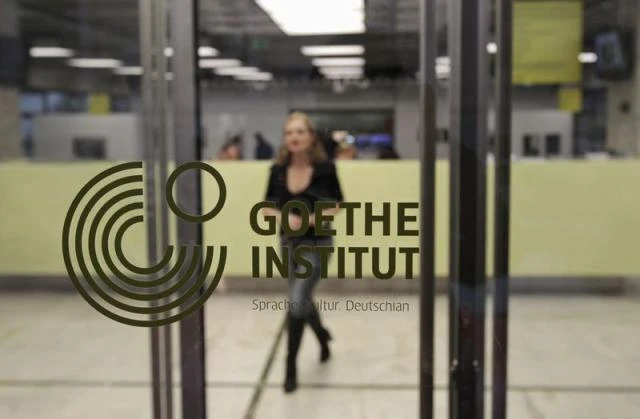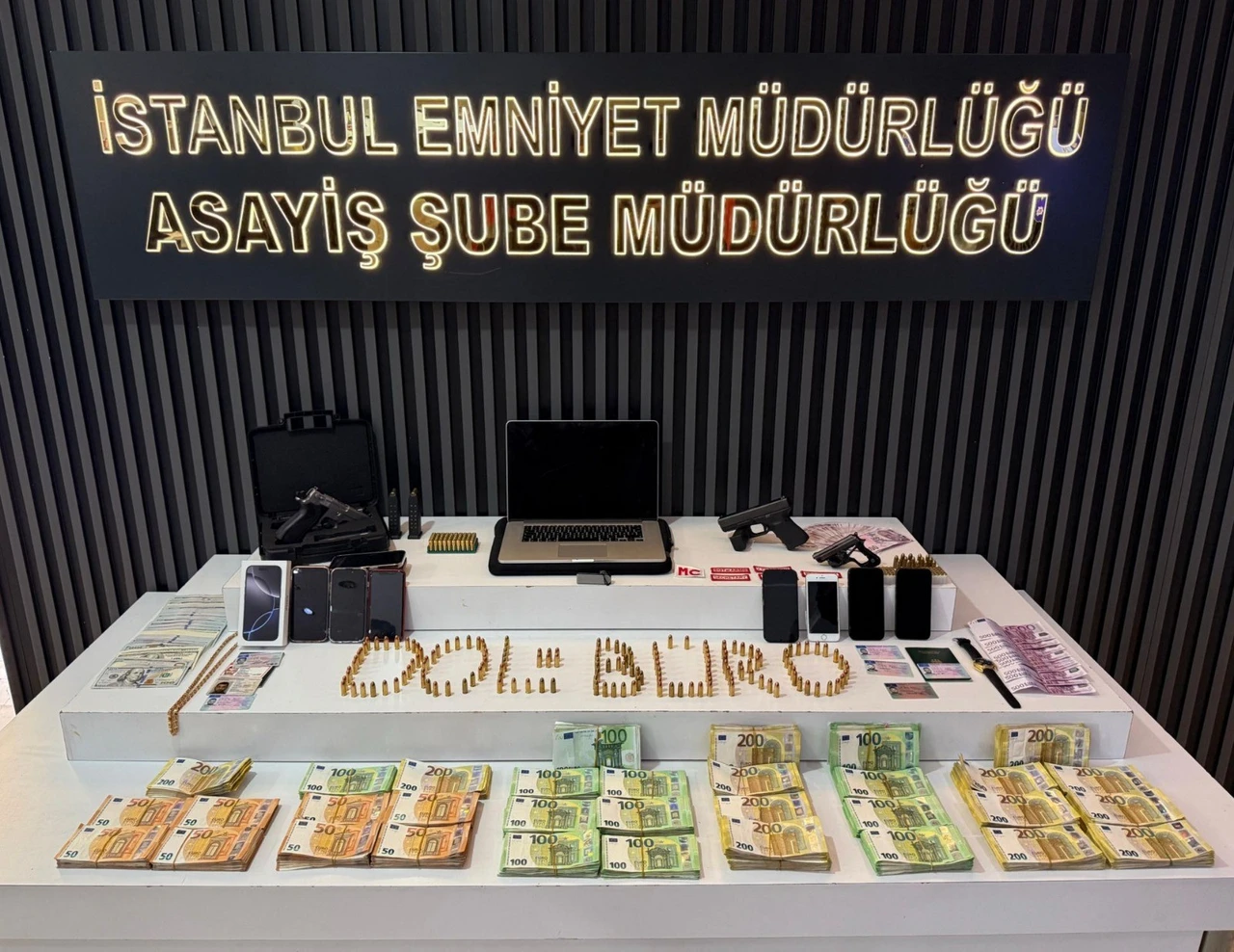Iran shuts down German Goethe Institute in Tehran
 A woman walks inside the Goethe-Institut in Athens February 22, 2012. (Reuters Photo)
A woman walks inside the Goethe-Institut in Athens February 22, 2012. (Reuters Photo)
Iranian authorities closed the Goethe Institute in Tehran on Tuesday in what is widely perceived as a retaliatory measure following Germany’s closure of the Hamburg Islamic Center (IZH). The IZH had been accused by German officials of supporting Hezbollah and other groups affiliated with Iran’s Islamic Revolutionary Guard Corps (IRGC).
The closure of the Goethe Institute occurred during a German language exam, sparking reports that security forces disrupted the proceedings and assaulted students and staff. Iranian authorities justified the shutdown by accusing the institute of engaging in illegal activities and financial misconduct. Iranian media framed the closure as a crackdown on what they called financial fraud linked to the German institute.
German-Iranian cultural institutions caught in diplomatic crossfire
Images circulated by Iranian media depicted security forces removing the Goethe Institute’s banner in Tehran. The institute, which operates under the German embassy, has been a hub for German cultural and linguistic exchange. Iranian officials also indicated that investigations into other German-affiliated centers in Iran are ongoing, signaling potential further escalations.
The Iranian government’s actions are being viewed as a direct response to Germany’s recent decision to close several Iranian cultural centers in Germany, including the IZH in Hamburg. Germany has accused the IZH of promoting extremism, radical Islamic ideology, and antisemitism, with connections to Hezbollah, a Lebanese group that Germany designated as a terrorist organization in 2020.
German authorities’ justification for closing Islamic Center in Hamburg
In July, German police carried out raids on 53 properties associated with the IZH across eight states. These raids led to the confiscation of assets and the shutdown of four mosques affiliated with the organization. The German Interior Ministry justified the crackdown by citing the IZH’s alignment with radical Islamist objectives that run counter to Germany’s democratic values, including women’s rights and the independence of the judiciary.
German Interior Minister Nancy Faeser defended the ban, noting that the IZH was working to spread extremist views that undermined the German state. “It is very important to me to make a clear distinction here: we are not acting against a religion,” Faeser said. “This action is targeted at an organization that threatens the principles of democracy and freedom.”
Iran condemns Germany’s actions as ‘Islamophobic’
In response to Germany’s actions, Iran’s acting foreign minister, Ali Baqeri Kani, condemned the shutdown of the Hamburg center, calling it a blow to religious freedom. “The decision by German judicial and law enforcement authorities on inspection of premises affiliated to IZH, which is among the oldest Islamic centers with a history of 70 years and a precious heritage of late top Shia authority Hossein Boroujerdi, is an unjustified move,” Kani stated on his X account.
The IZH, which operates the historic Blue Mosque in Hamburg, has denied any involvement in violence or extremism. The center has long served as a religious and cultural hub for Shia Muslims in Germany, offering prayer services, religious festivals, and educational activities for children.
Germany’s crackdown on the IZH is part of a broader effort to curtail the influence of foreign-backed extremist organizations within its borders. Despite the denials from the IZH, German authorities insist that their actions were justified, citing evidence of the center’s involvement in promoting Hezbollah’s agenda.
Following the raid on the Goethe Institute, the German Foreign Ministry summoned Iran’s ambassador in Berlin to express its condemnation of Iran’s treatment of the German language institute in Tehran. The incident marks a new low point in diplomatic relations between the two countries, as tensions continue to rise over each nation’s actions against the other’s cultural institutions.
As the situation unfolds, both Germany and Iran appear unwilling to back down, with investigations into additional German-affiliated centers in Iran expected to continue in the coming weeks. Meanwhile, Germany’s actions against the IZH may set a precedent for further crackdowns on foreign-linked organizations accused of undermining state security.



